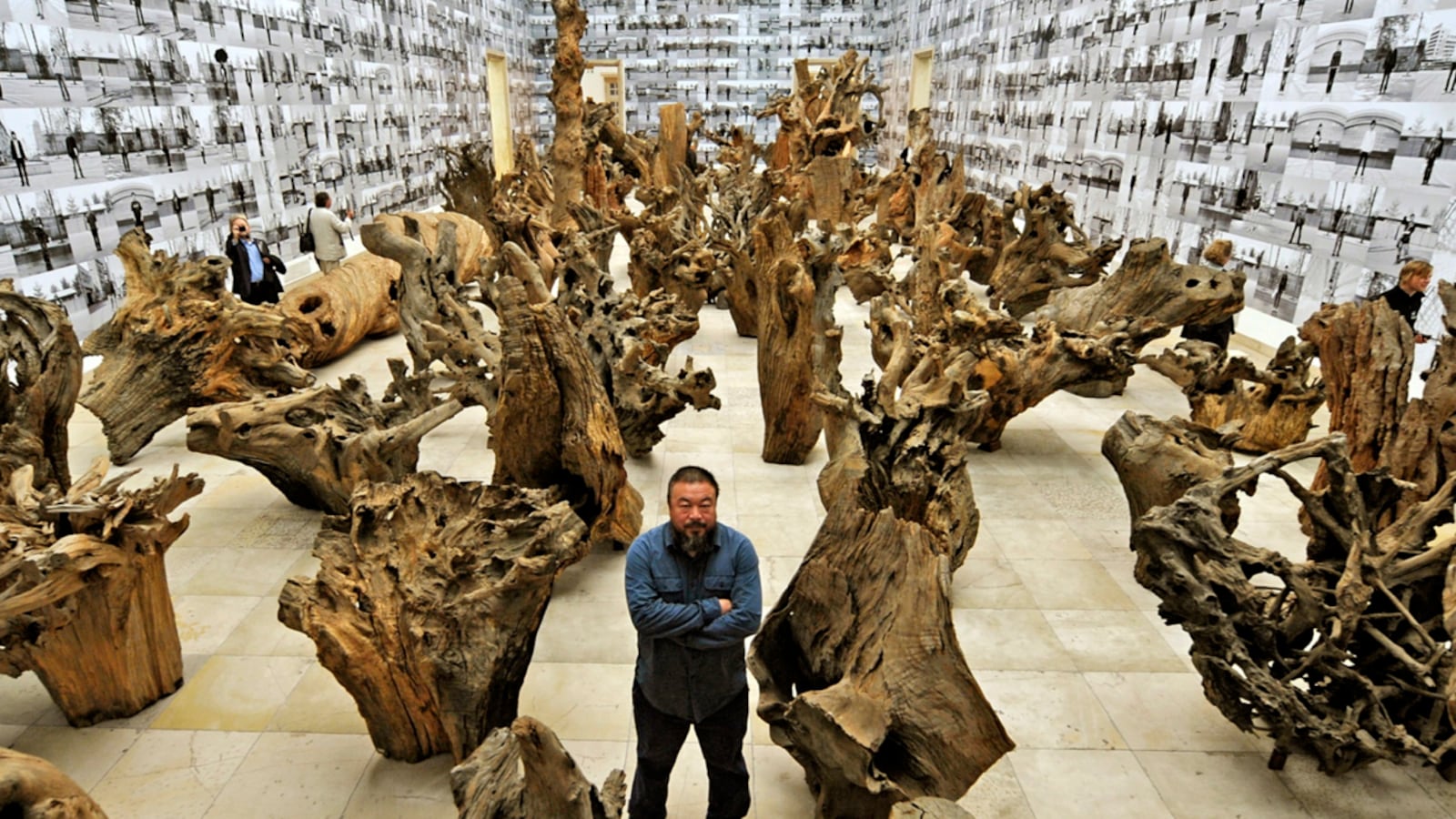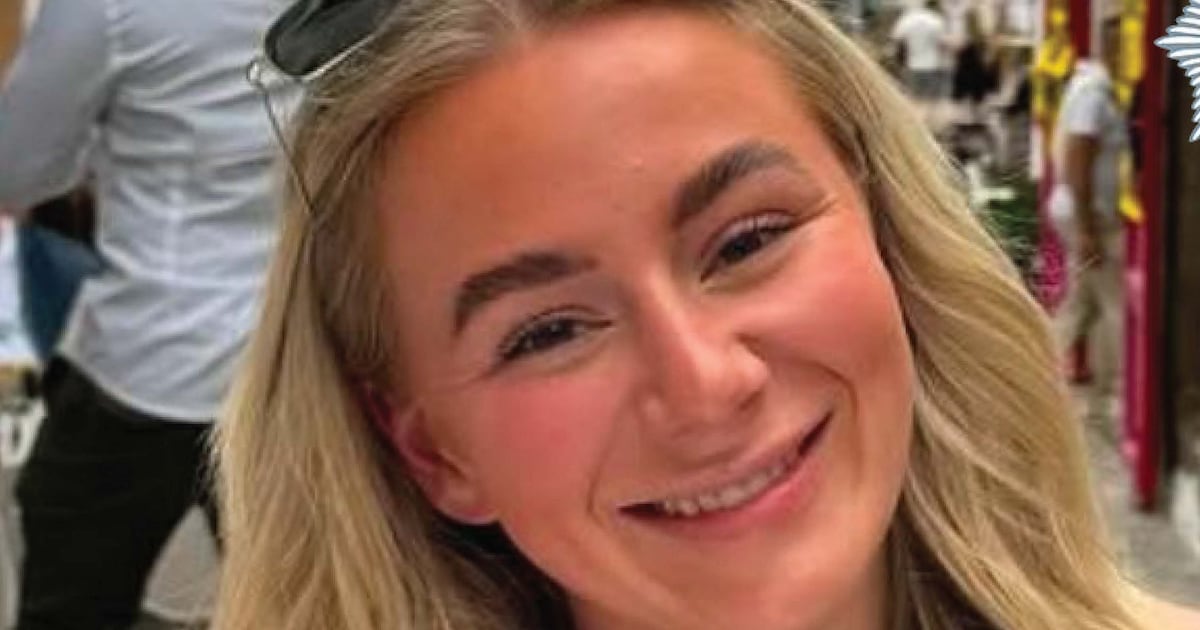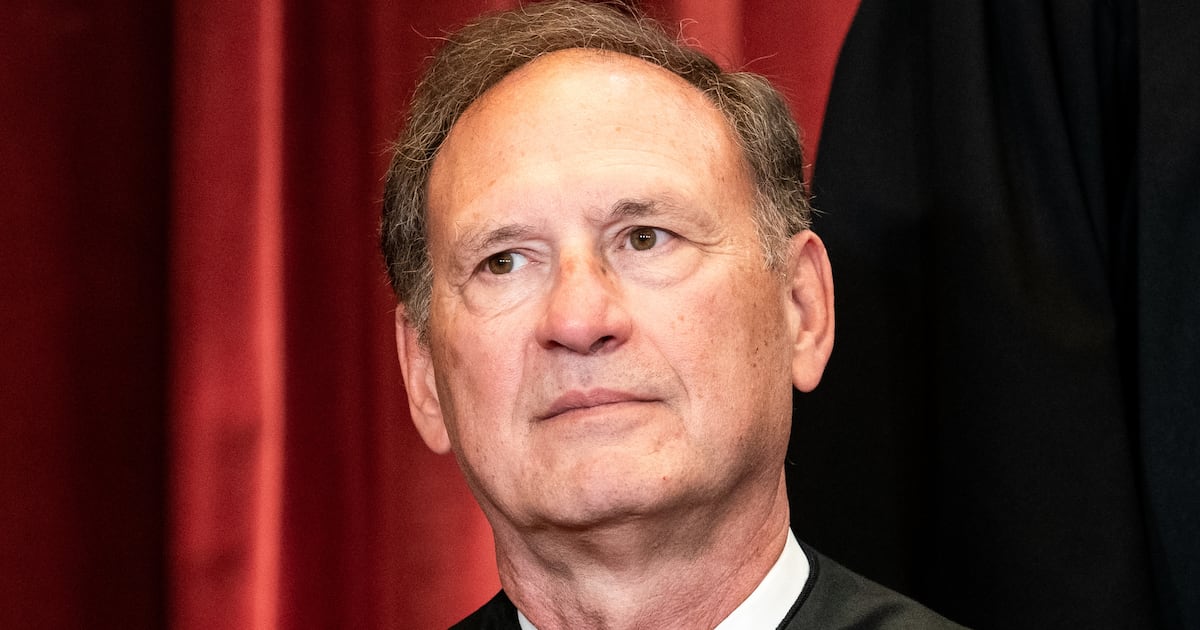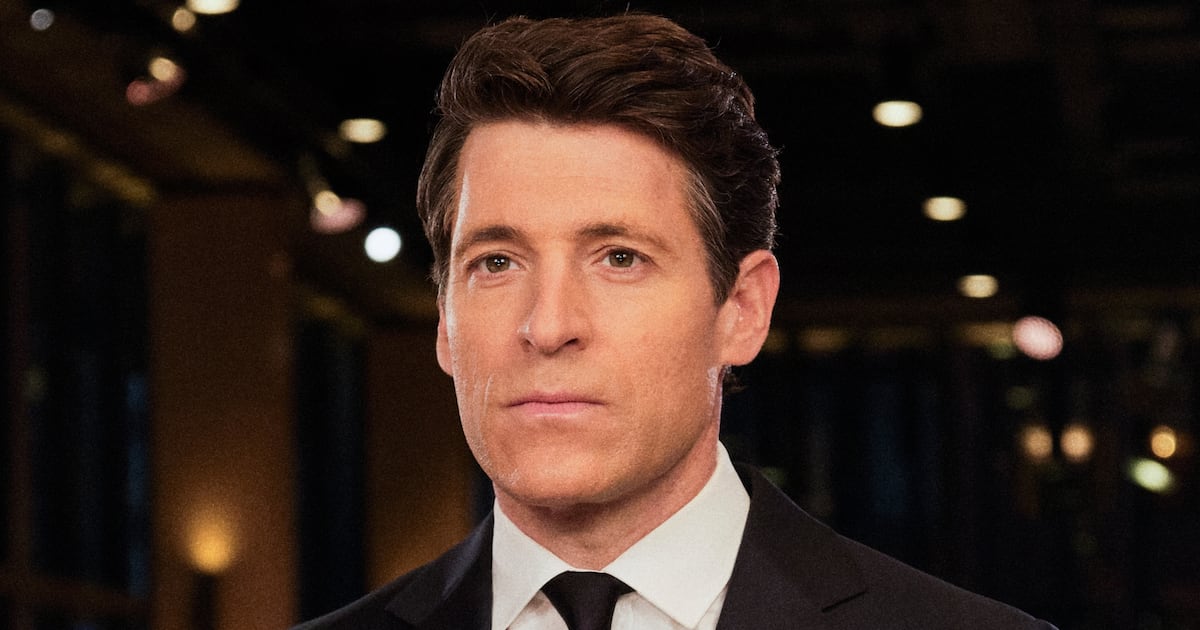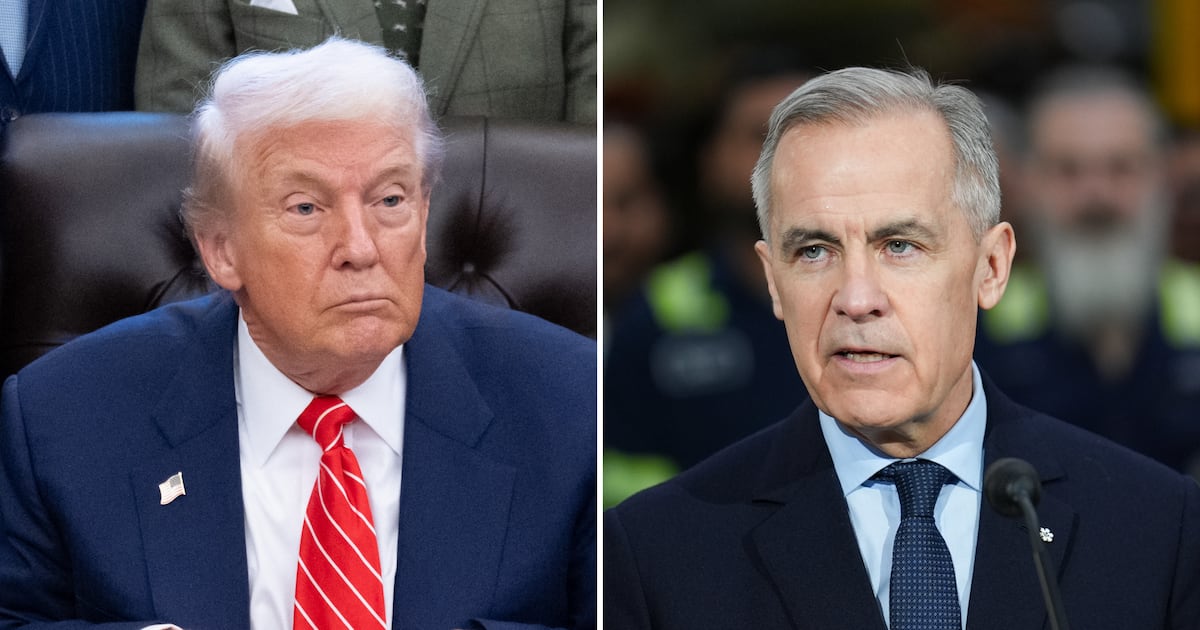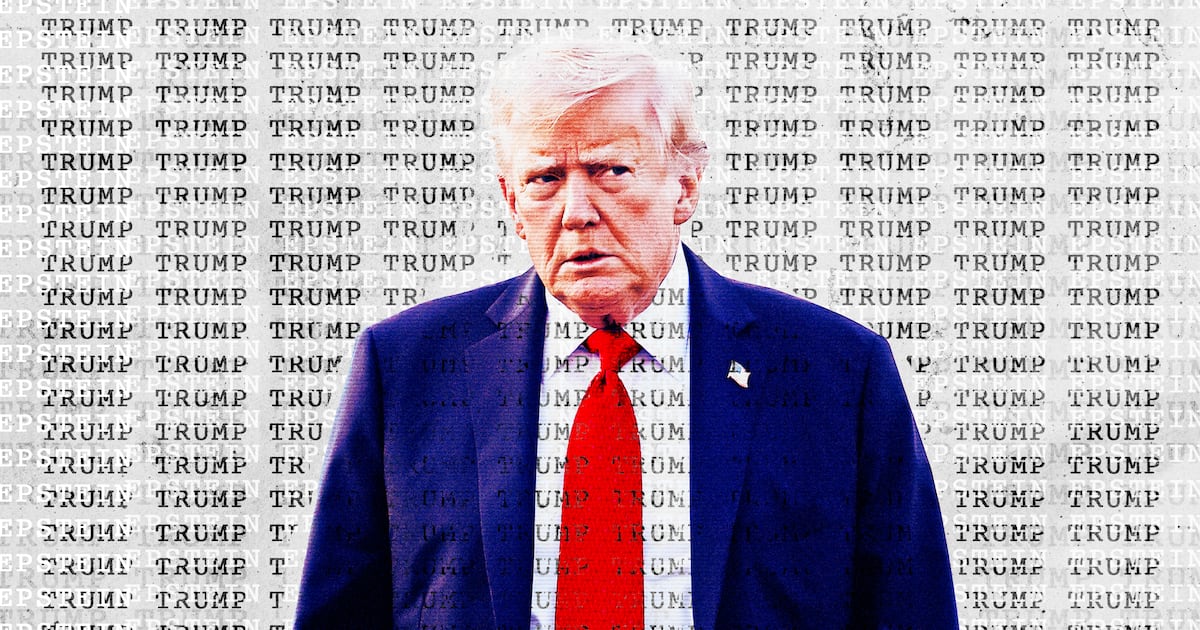Renowned artist and activist Ai Weiwei has been freed on bail after nearly three months in jail. State media claim that authorities were satisfied with Ai's “confession” to tax evasion, and that his poor health was also a factor in the decision to release him. Ai thanked reporters for their support outside his studio Wednesday, and said his health was fine. Ai was jailed on April 3, and became the most high-profile victim of a huge crackdown resulting from Beijing's anxiety over the Arab Spring uprisings.
June should have been Fun Month in the art world, as aesthetes from all over poured into the grand Venice Biennale and the great Art Basel fair. But the thought of Chinese artist Ai Weiwei entering his third month of detention made the fun feel misplaced, and risked making even the most impressive art seem idle play. His name came up again and again; some visitors to Venice and Basel were wearing cardboard masks of his face. Today’s news of Ai’s release by the Chinese authorities should restore some cheer to the scene, but it may not make its art seem any more substantial.
Ai’s arrest was his art, you could say, or at least the magnum opus in an oeuvre that was all about sticking it to the communist bosses of China. And what towering installation or glowing video projection can compete with that? Revealing the names of all the children killed in China’s Sichuan earthquake, when the state refuses to do so, then getting beaten half to death for it, makes a painter’s private struggles with his muse a less impressive fight. Locking yourself in your studio isn’t much, compared to being locked away by your government.
On the other hand, the art world can take comfort in having given Ai the aesthetic language his dissent came packaged in. For a decade or more, an art movement sometimes known as “relational aesthetics” has insisted that artists can explore the most basic human relations, such as cooking curry for friends, as a form of creative endeavor. Which means that really important human relations, such as leading the fight against oppressive authority, can count as masterpieces in this new genre.

It is fabulously good news that Ai has been released. But the truth is that his absence didn’t silence him or his works, or lessen their potency. Lock up a Mandela, and you keep him from leading his people. Lock up a painter and you miss out on the art she could make. But locking up Ai simply made clear the power of his kind of oppositional art, and its global impact, and how unquenchable it is. His detention was a performance he took on; his arrest was its launch, not its end. Knowing Ai Weiwei, being freed is just the start of another great work.

